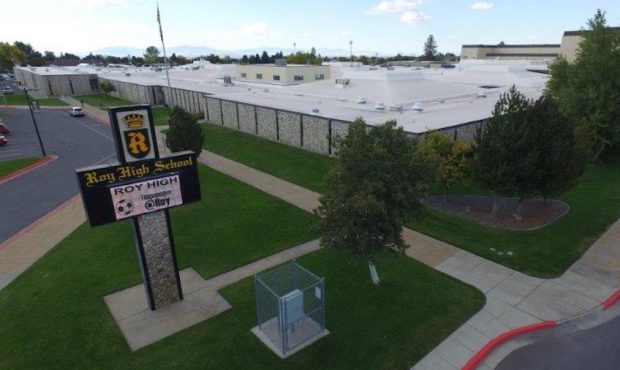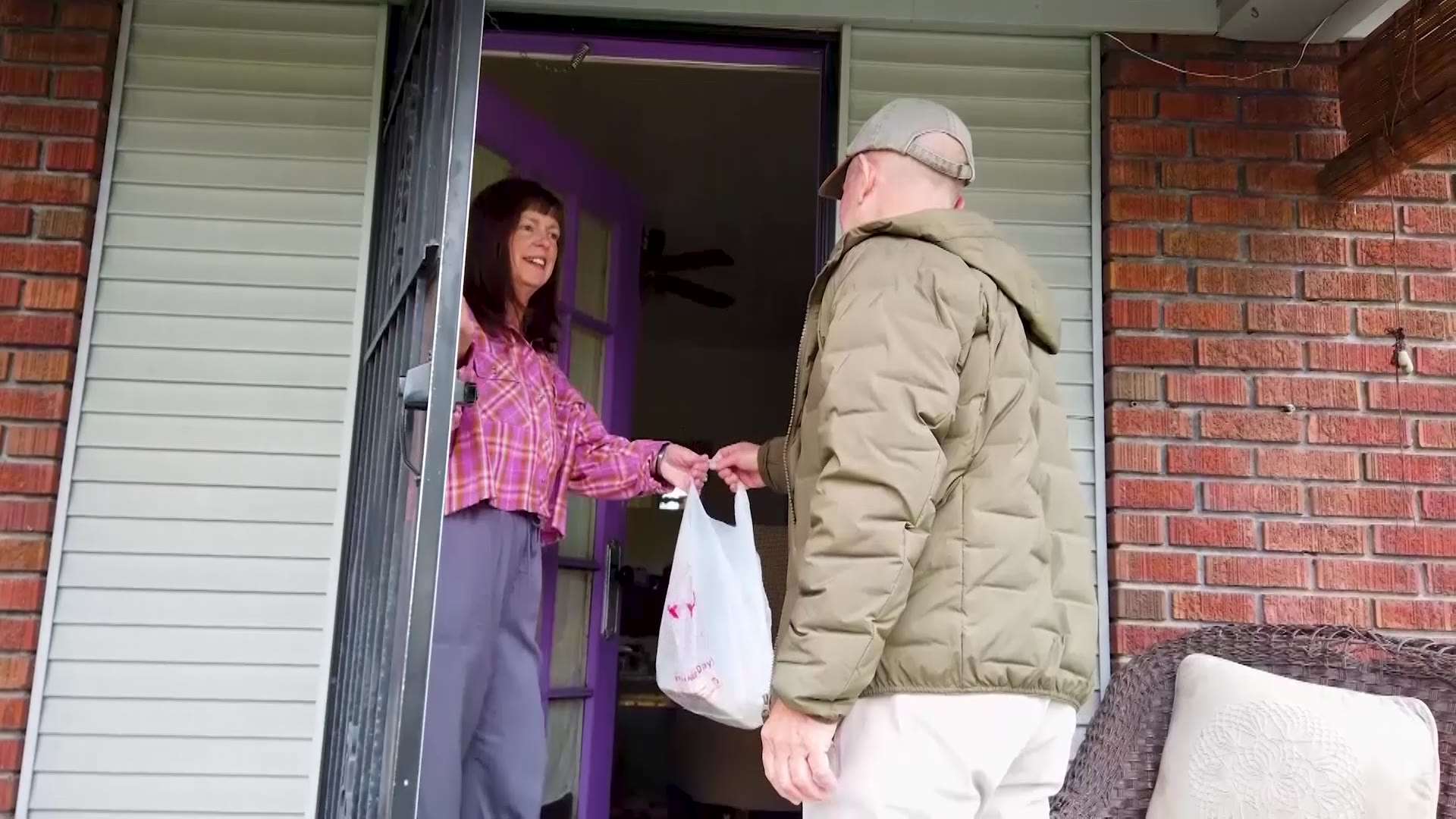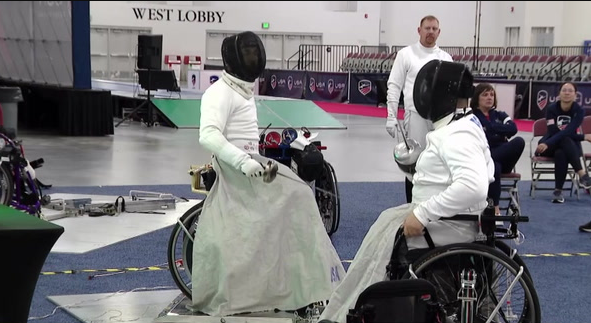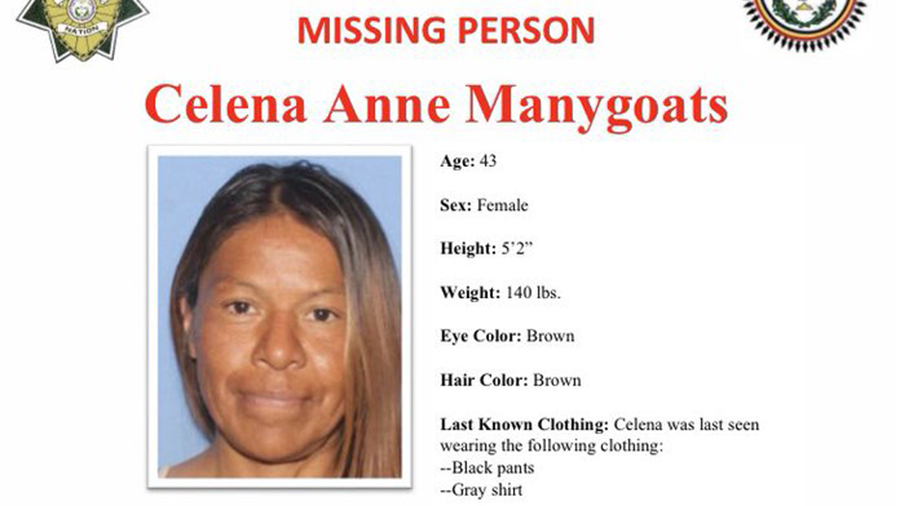Compound found in flexible corals shown to combat cancer
May 26, 2022, 4:06 PM
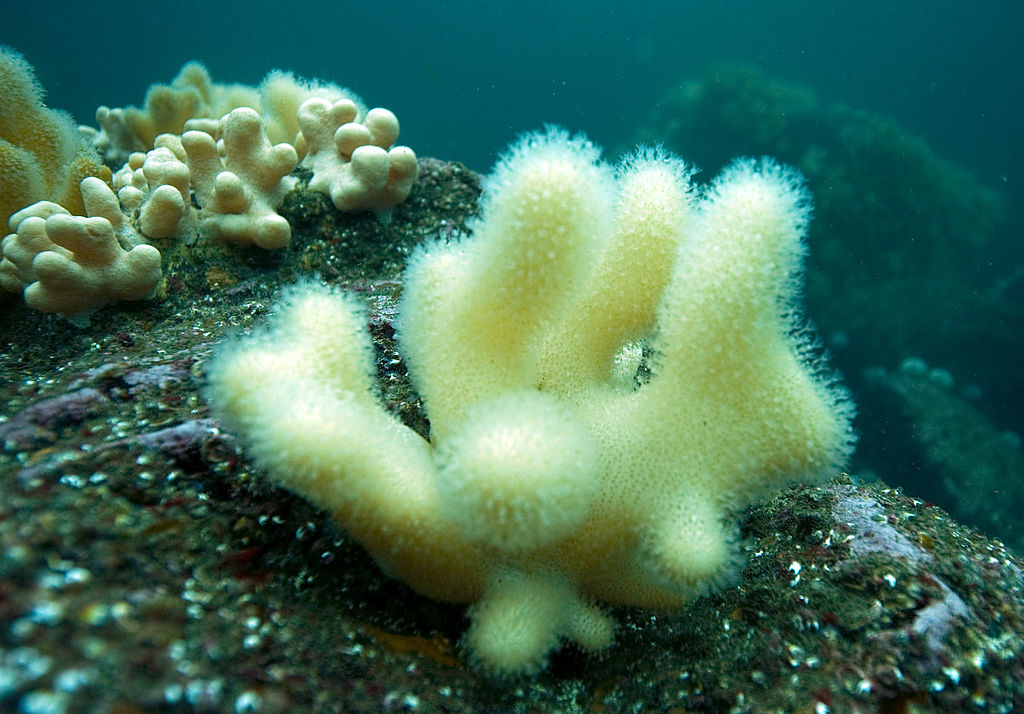
SEAHOUSES, ENGLAND - JUNE 25: Soft corals grow on an outcrop on June 25, 2011 off Inner Farne, England. The Farne Islands, which are run by the National Trust, are situated two to three miles off the Northumberland coastline. The archipeligo of 16-28 separate islands (depending on the tide) make the summer home to approximately 100,000 pairs of breeding seabirds including around 36,000 Puffins, 32,000 Guillemots and 2,000 pairs of Arctic Terns. The species of birds which nest in internationally important numbers include Shag, Sandwich Tern and Arctic Tern. The coastline around The Farnes are also the breeding ground to one of Europe's largest Grey Seal colonies with around 4,000 adults giving birth to 1500 pups every year. (Photo by Dan Kitwood/Getty Images)
(Photo by Dan Kitwood/Getty Images)
SALT LAKE CITY — Researchers at University of Utah Health report that soft corals— or flexible corals that resemble underwater plants create an “anti-cancer” compound according to a release.
The natural chemical has shown promise in treating cancer, and the source has been sought after for over two decades.
The release states, “Soft corals have thousands of drug-like compounds that could work as anti-inflammatory agents, antibiotics, and more. But getting enough of these compounds has been a major barrier to developing them into drugs for clinical use.”
“This is the first time we have been able to do this with any drug lead on Earth,” says Eric Schmidt, Ph.D., professor of medicinal chemistry at U of U Health. He led the study with Paul Scesa, Ph.D., postdoctoral scientist and first author, and Zhenjian Lin, Ph.D., assistant research professor.
The tricky part? Finding out if the coral’s genetic code would make it clear how to recreate the compound in a lab.
Scientists solved that problem by finding sections of coral DNA that resembled genetic instructions for similar compounds from other species. Then, they programmed bacteria grown in the lab to follow the soft coral DNA instructions and the mircoorganisms were able to replicate at least the first steps of creating the “cancer therapeutic.”
The release stated, “This proved that soft corals are the source of eleutherobin. It also demonstrated that it should be possible to manufacture the compound in the lab. Their work is now focusing on filling in the missing steps of the compound’s recipe and determining the best way to produce large amounts of the potential drug.”


